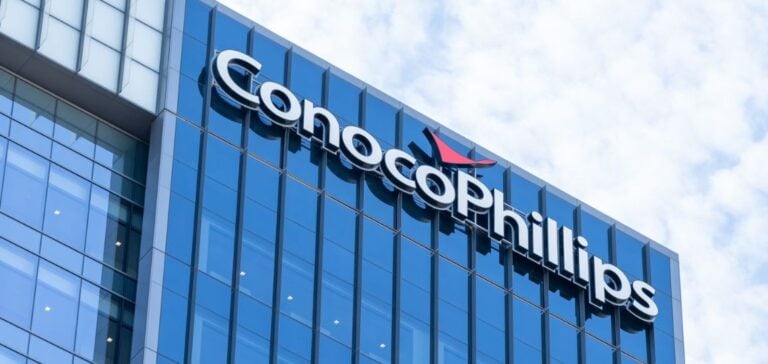On May 2, ConocoPhillips executives revealed the company’s plans for the Permian Basin in 2024, calling for continued activity in drilling and well completion crews. Nick Olds, Executive Vice President for operations in the lower 48 states, emphasized an approach focused on operational efficiency despite stable drilling and fracturing activity.
“We are maintaining stable activity with drilling rigs and fracking crews. As such, we could see a quarterly increase.”
Impact of new projects and technical improvements
In the second half of the year, ConocoPhillips plans to focus on the oil-richer Midland Basin, where clustered well development projects and horizontal well extensions of up to three miles are expected. These innovations could lead to quarterly variations in 2024 production levels, according to Olds.
Technological advances and cost reduction
Efforts to develop wells with two- to three-mile laterals are yielding significant cost improvements, with reductions of up to 40% when the lateral length is increased from one mile to three miles. These advances give ConocoPhillips a competitive edge and help optimize the profitability of extraction.
Transmission capacity and the global gas market
Regarding Permian natural gas, Bill Bullock, CFO, said that ConocoPhillips has diversified transportation capacity to the Gulf and West coasts, actively supporting takeaway capacity from the Permian Basin. The company is also involved in strengthening its exposure to liquefied natural gas (LNG), participating in expansion projects in Australia and Qatar, and securing regasification capacity in Europe.
By consolidating its development strategy and exploiting technological advances, ConocoPhillips is positioned to capitalize on growth opportunities in the Permian Basin while strengthening its commitment to the global gas market. Plans for 2024 reflect a focused approach that could well have a positive impact on the company’s production and profitability.






















